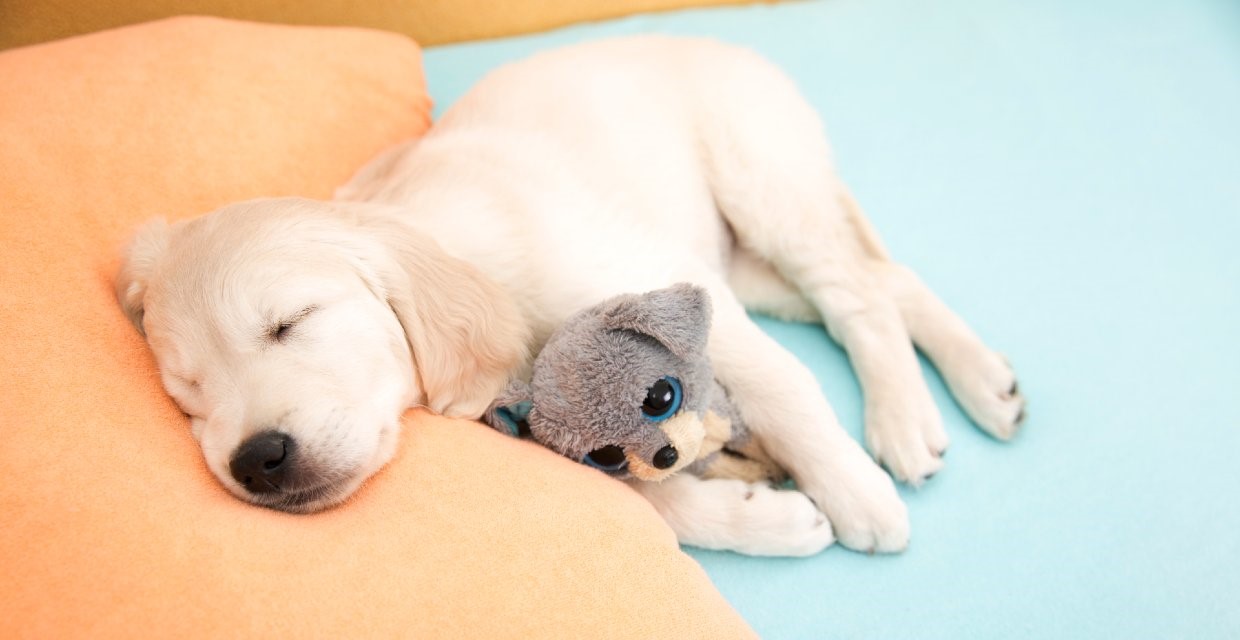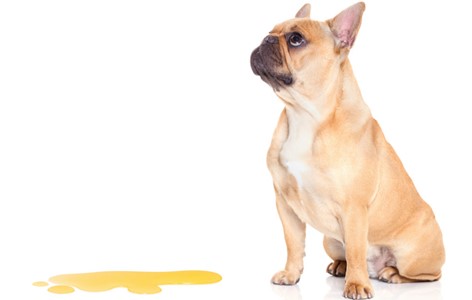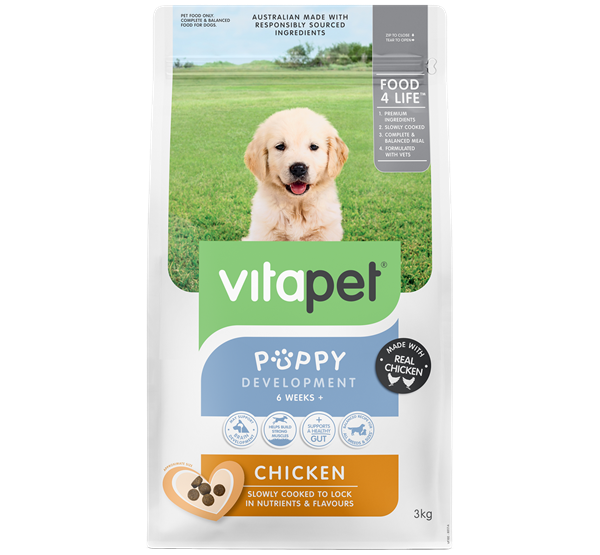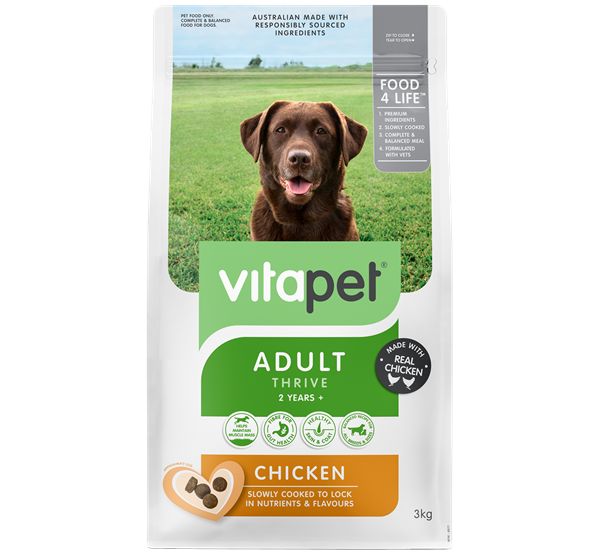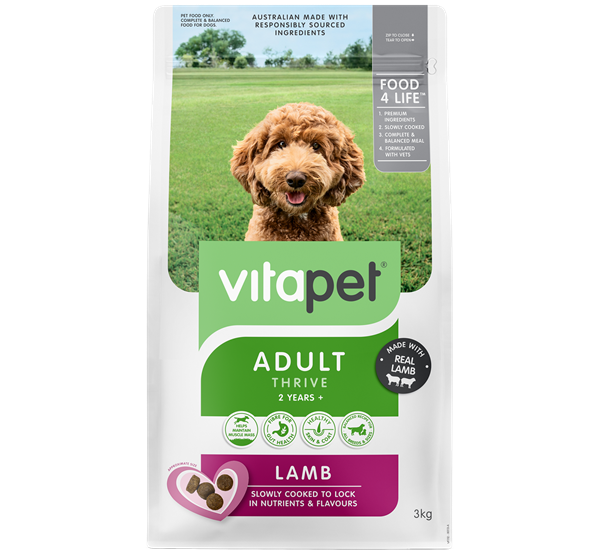Puppy training should begin the day you bring your new puppy home. In addition to toilet training, and teaching your puppy basic obedience like sit, drop and stay, your puppy also needs sleep training.
How long do puppies sleep for?
Although puppies can be little balls of energy, they still need up to 20 hours of sleep each day. The first few days after bringing puppy home are important for establishing good sleep patterns and routine for your new puppy, including where to sleep.
Where should my puppy sleep?
Before bringing puppy home make sure you have a nice, warm comfortable bed for them to sleep in.
Setting up a puppy pen with a comfy bed, fun toys, water and puppy pad (to assist with toilet training) works well.
This can be a safe and inviting place for them to rest during the day when you’re not actively supervising or spending time with them. They can also sleep there at night time.
Some puppies find the separation from their mother and littermates and transition to their new home difficult in the first few days. This can lead to barking and whining at night time. Having warm, soft toys to cuddle into can help your puppy feel safer and less likely to whine. Sometimes sleeping close to your puppy can help however it’s important that you gradually transition them to sleeping in their own bed in the location where you want them to sleep long term. Some people want their puppy to sleep on their bed, while others prefer their puppy to sleep in their own bed, either in the bedroom or in another location.
Whatever you choose, be consistent and you will establish a good sleep routine for your puppy.
How to get puppies to sleep through the night
Just like babies, it’s common for puppies to wake during the night, especially if they need to go to the toilet. To help ensure your puppy sleeps soundly for most of the night they need warmth, comfort, a place to toilet, darkness and quiet. Playtime and a meal before bed can help tire them out and make them feel full, which promotes sleep.
Try not to turn the lights on and play with your puppy at night time.
Instead, remain quiet and boring. These steps will all help to promote better sleep for you and your puppy at night time.












